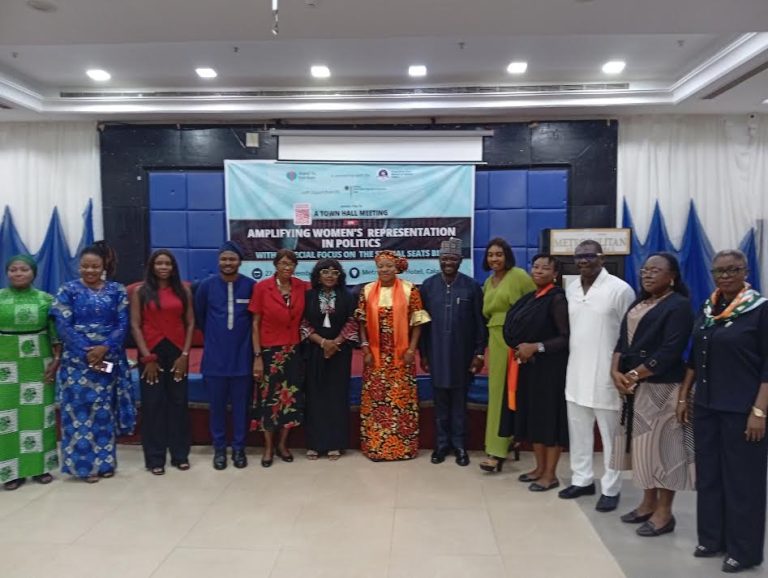From Aniekan Aniekan, Calabar
Muhammed Husseni, the Programme Officer of the Stand To End Rape Initiative, has stated that no woman was elected in 15 out of Nigeria’s 36 state houses of assembly during the 2023 general elections.
He emphasised that this falls significantly below the global average of female parliamentary representation, which stands at about 25%.
Husseni disclosed this in Calabar during a town hall meeting on amplifying women’s representation in politics, with a special focus on the Special Seats Bill. The meeting was part of activities to mark the 16 Days of Activism in the state.
According to Husseni, “Nigeria’s politics has historically been male-dominated, with limited female representation, and progress in gender equity in politics remains slow and insufficient.
“In the 10th Assembly, women hold only 4 out of 109 Senate seats and 16 out of 360 House seats.
“At the local and state levels, the situation is similarly bleak, with about 4.5% female representation in state houses of assembly.
“No Nigerian woman was elected in 15 out of Nigeria’s 36 state houses of assembly during the 2023 elections.
“This is significantly below the global average of female parliamentary representation, which is about 25%,” he said.
Husseni stressed that studies have shown women’s inclusion in governance helps bring attention to gender-specific issues such as reproductive health and gender-based violence (GBV). He added that it also correlates with more stable societies.
He strongly advocated for the Special Seats Bill, describing it as a temporary measure lasting for 16 years to help build women’s capacity to participate independently in politics.
Also speaking, Elfrida Adeleye, the Communications Officer of the Stand To End Rape Initiative, noted that the 35% affirmation for women has not been achieved in Nigeria since 2006. She highlighted the importance of special seats for women to enable them to thrive and contribute to sustainable development.
Edema Irom, the Cross River State Commissioner for Women Affairs, described the exclusion of women from parliamentary representation as “political violence.” She added that they would continue to advocate for the amplification of women’s voices and proper inclusion in politics.
